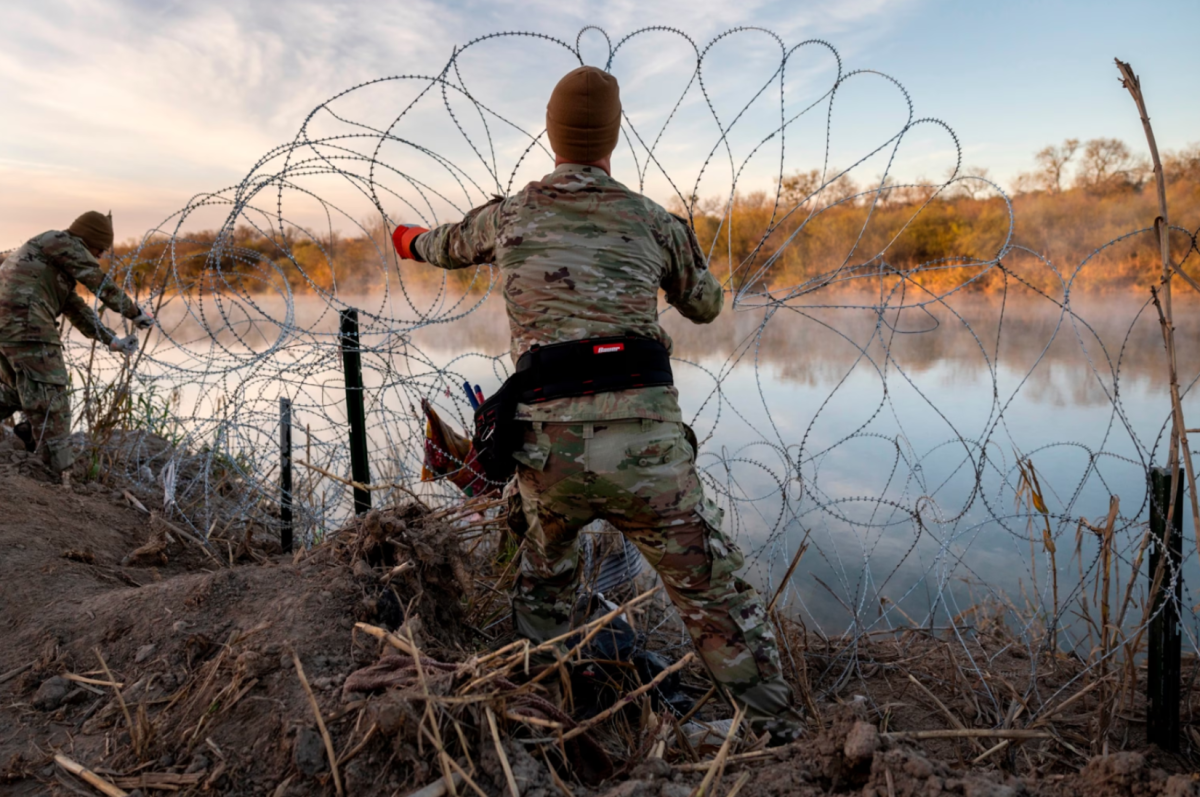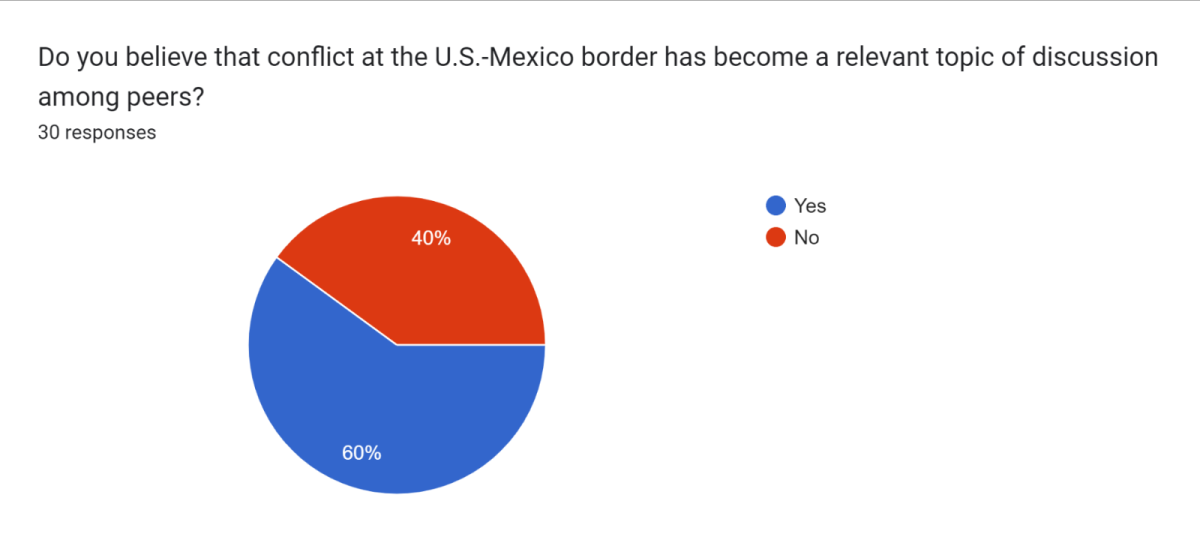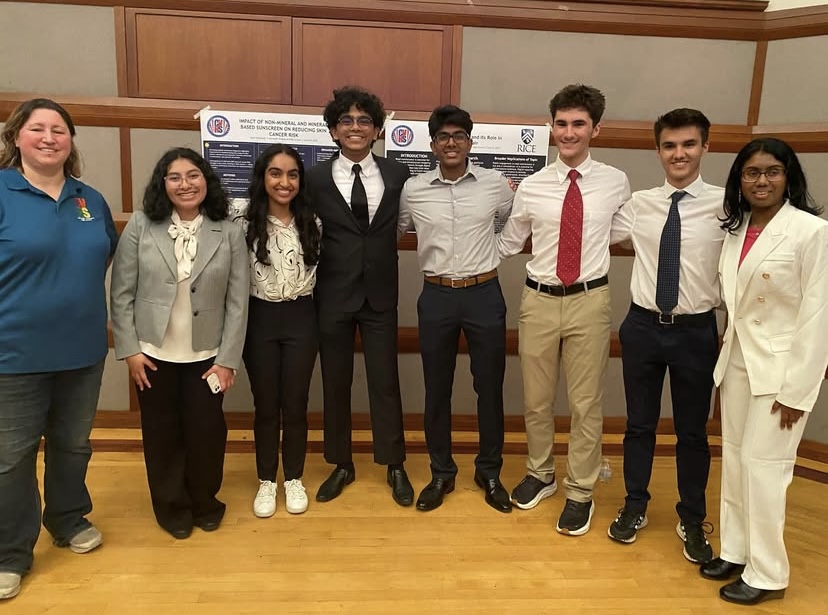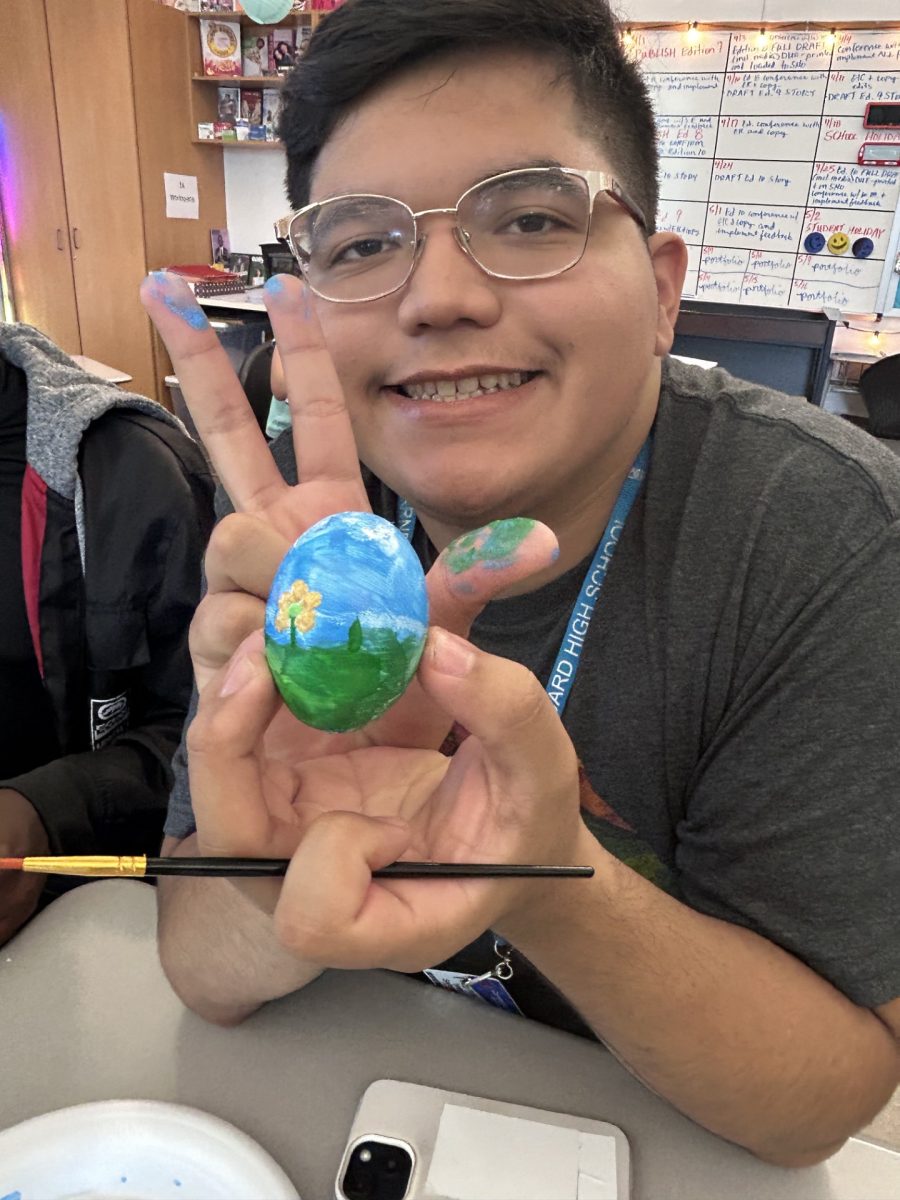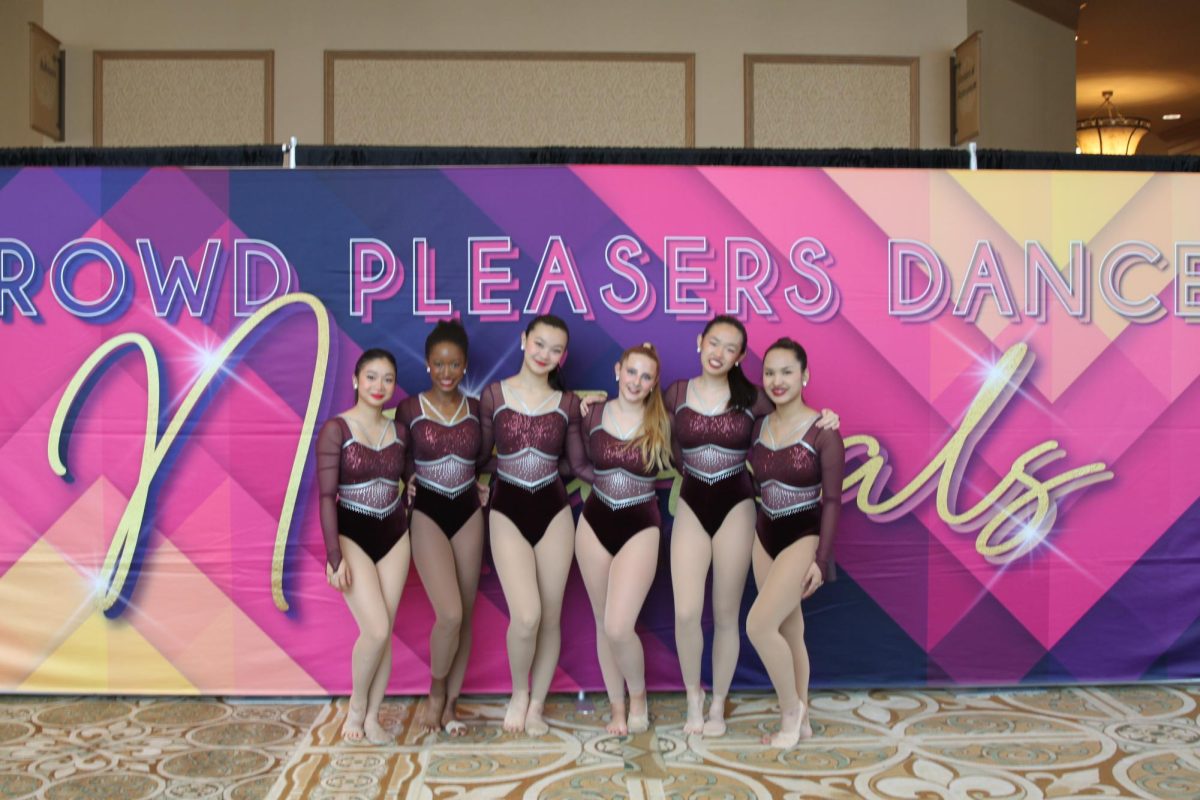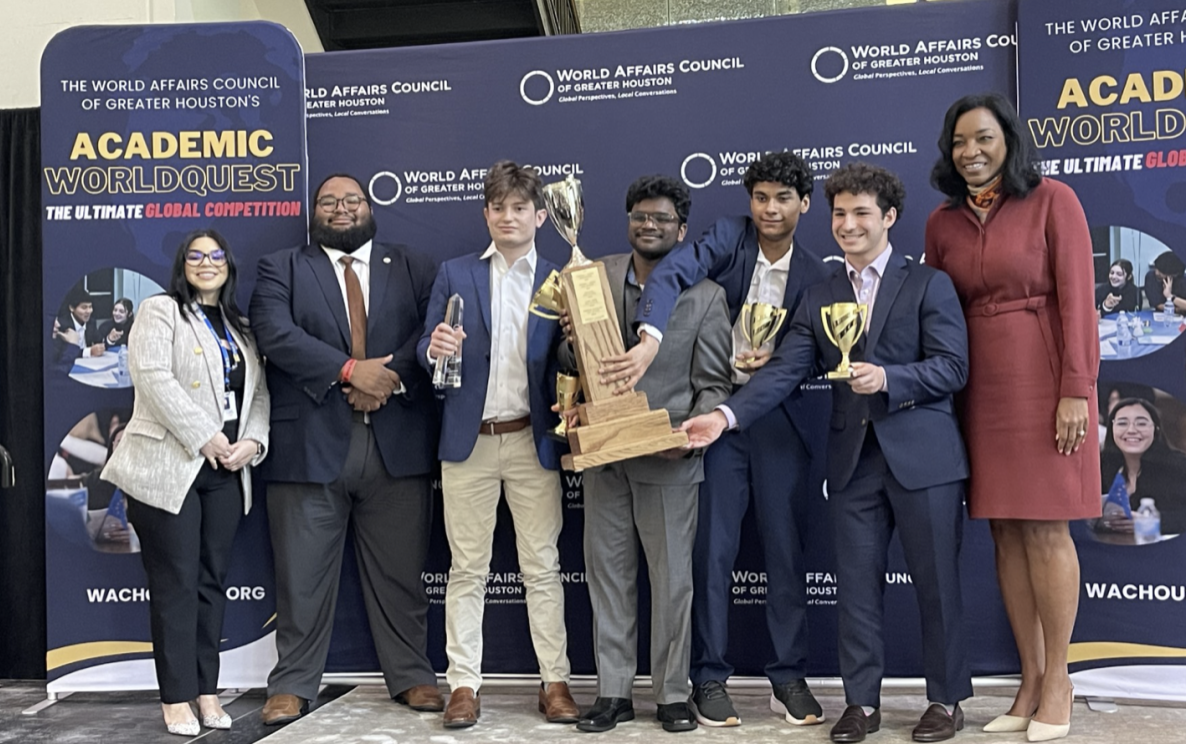On Jan. 10, U.S. Border Patrol agents in Eagle Pass, Texas were denied access to the border by Texas authorities. This occurred despite the Supreme Court ruling that U.S. Border Patrol agents were allowed to cut razor wire at the Rio Grande.
These events have only fueled the fire that is the push-and-pull between the Biden administration and Texas state officials concerning migration policy and border control. All of this has revolved around Eagle Pass’ Shelby Park, a 47-acre city park that rests on the banks of the Rio Grande. During the migration surge of 2023, Shelby Park transformed into an epicenter for border crossings. Here, Texas has been planting razor wire to prevent migrants from reaching Texas soil and U.S. Border Patrol from accessing the border.
The Supreme Court’s 5-4 decision siding with the Biden administration was only a hump in the road to Abbott’s fight against migration at the Southern border. Standing on the belief that Texas is experiencing an “invasion” of migrants, Abbott allowed the Texas National Guard to continue rolling out razor wire at Shelby Park and limit Border Patrol’s access to the area. With restricted access to the border, Border Patrol was unable to aid migrants in distress at the Rio Grande.
“At the very least, however, Border Patrol would have had the opportunity to take any available steps to fulfill its responsibilities and assist its counterparts in the Mexican government with undertaking the rescue mission. Texas made that impossible,” wrote U.S. Solicitor General Elizabeth Prelogar in the filing to the Supreme Court.
From hate speech to protests, this complex situation has sparked diverse sentiments across the country. Examining various perspectives on the U.S.-Mexico border conflict, students at Carnegie Vanguard High School express their concerns and reflect on the impact of these events in a questionnaire.
Most CVHS students reported that conflict at the U.S.-Mexico border has become a relevant topic of discussion amongst their peers. Yet, when asked if they or anyone they know have been affected by these events, the common response was “no.”
“Unless students are friends with someone experiencing the whole immigrant experience, they’re not going to talk about it because it’s not relevant to [them],” said Nicole Suarez, a CVHS senior who migrated to the U.S. five years ago. “We have undocumented immigrant [students] here. We also have people who are currently in the process of becoming citizens… If you’re going through the process, you’re more passionate about it.” said Suarez.
No respondents expressed satisfaction with the response of Texas officials to migration — all students answered either “neutral,” “not very satisfied,” or “not satisfied at all.” On this note, half of CVHS students who completed the questionnaire claimed to be in support of our federal government rather than the state. Additionally, a notable 86.7% of responses expressed concern with the humanitarian aspects of border control conflict, such as the well-being of migrants and refugees.
“They are human beings that [the state is] hurting. These are people that could be [them] if [they] were born under different circumstances. How can [they] be so cruel?” said Suarez on the topic of the humanitarian threats of the conflict. “In a perfect world, humanity comes first.”
The data collected from the CVHS population implies the relevance of these events to our very own campus. Texas being our state, the growing border crisis and tensions between Abbott and the federal government continue to pique the concern of our student body.
“We’re going into college, we want to know about the world we’re walking into. So, we learn more. We invest more time,” says Suarez as she spoke on the awareness of CVHS students about immigration issues.
The survey question that received the most varying responses was the one regarding familiarity with the specific battle occurring in Eagle Pass, Texas. Though many students at CVHS are not familiar with the particular events taking place in Eagle Pass, the student body still understands how conflict at the border has impacted our community.


